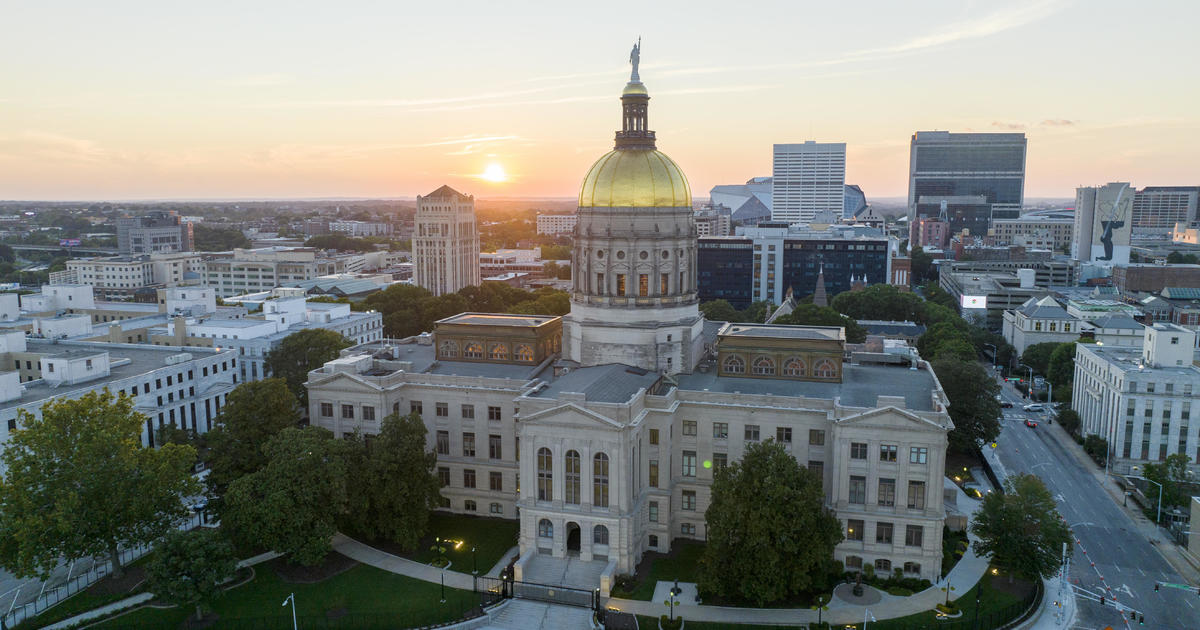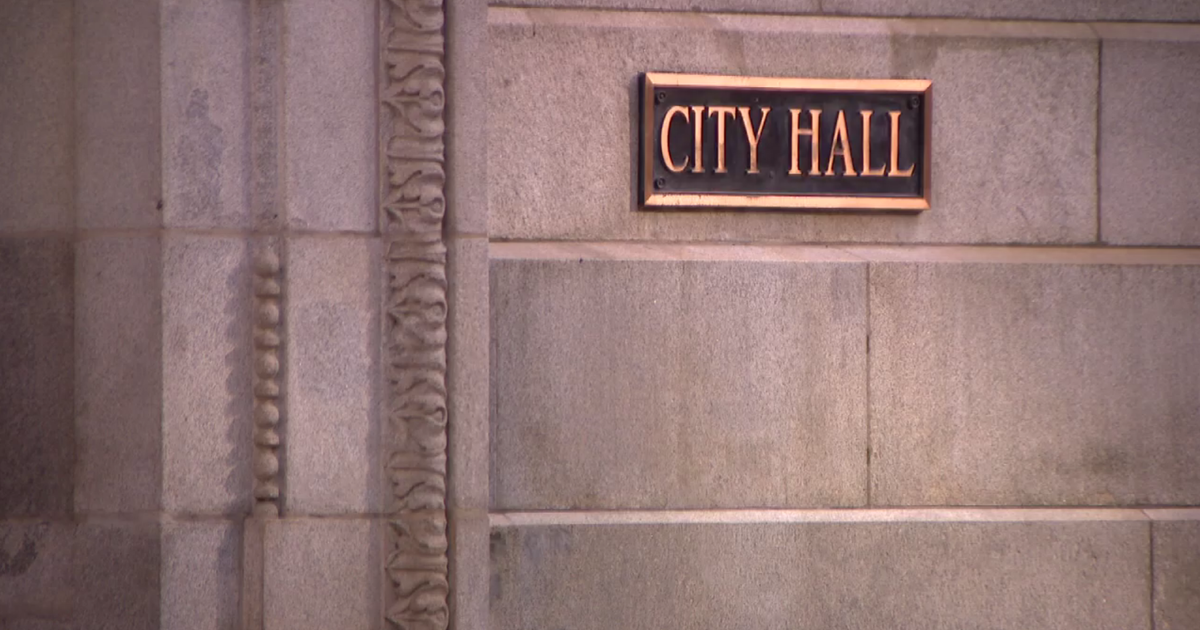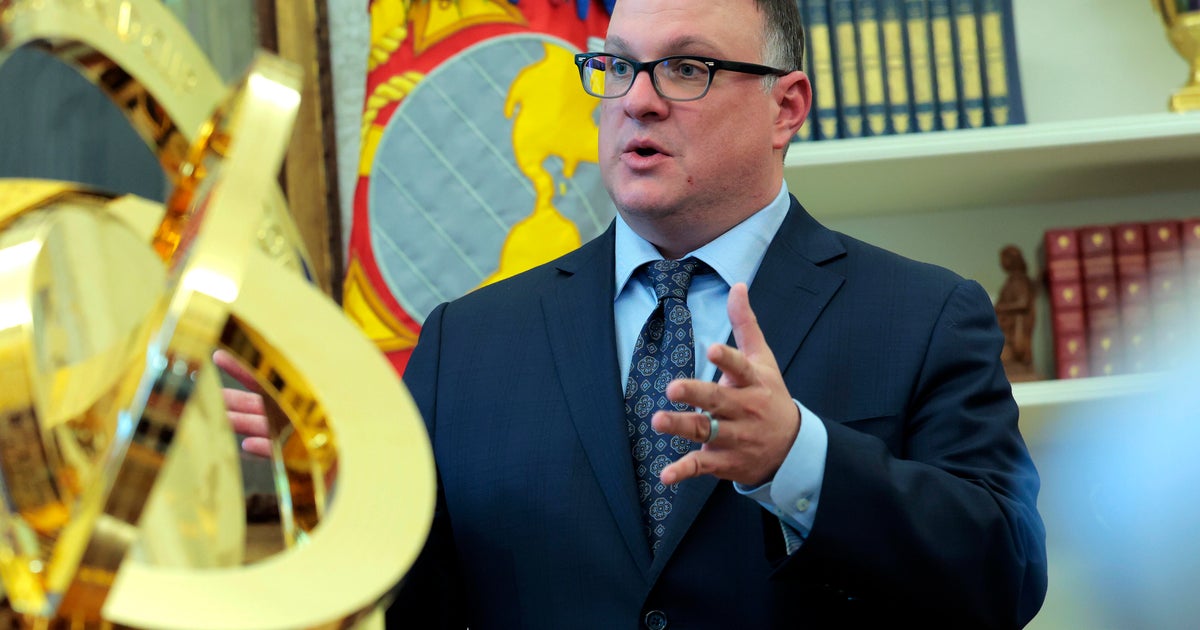Illinois House ends historic impasse with passage of state budget
The Illinois House voted Thursday to override Gov. Bruce Rauner's vetoes of a budget package, giving the state its first spending blueprint in more than two years and ending the nation's longest fiscal stalemate since at least the Great Depression.
The action eases some financial woes, but it's fueled by a permanent 32 percent increase in the income tax rate, raising $5 billion more annually, and it reduces spending by more than $2 billion.
Illinois is staring down a $6.2 billion annual deficit and $14.7 billion in past-due bills.
Lawmakers, culminating two straight weeks of a special session that began ahead of the July 1 start of the fiscal year, approved the bill to raise taxes by a 71-42 vote. A plan to spend $36 billion in the fiscal year that began July 1 was OK'd 74-37. An override requires 71 votes.
"Today, Republicans and Democrats stood together to enact a bipartisan, balanced budget and end a destructive, 736 day impasse," House Speaker Michael Madigan, a Chicago Democrat, said after the votes. "I want to thank you all for your perseverance through this unbelievable struggle."
It turned out to be bigger struggle for 67 House Democrats than in the initial tax-increase vote Sunday. Madigan, who next year will become the longest serving state House speaker in the nation's history, had to call upon previously reluctant Democrats to keep the veto-override supermajority intact.
Fifteen Republicans voted "yes" on Sunday. On the override vote Thursday, only 10 pressed their green buttons. Madigan had to rely upon four of his own members who had voted against the tax hike on Sunday.
The override votes were critical for both sides with an election for governor - Rauner already faces several Democratic opponents - and much of the Legislature in 2018.
The income tax increase means individuals will pay 4.95 percent instead of 3.75 percent. The corporate rate jumps to 7 percent from 5.25 percent.
Rauner rejected the budget plan because he saw no indication that the Democratic-controlled Legislature would send him the "structural" changes he's demanded. Those include a statewide property tax freeze, cost-cutting restrictions on compensation for injured workers, changes to pension benefits for state employees, and reforms making it easier for voters to merge or eliminate local governing bodies.
Instead, the vote to override is "another step in Illinois' never-ending tragic trail of tax hikes," Rauner said in a statement.
The budget "is not balanced, does not cut enough spending or pay down enough debt, and does not help grow jobs or restore confidence in government," the governor said in a statement. "It proves how desperately we need real property tax relief and term limits."
The standoff had effects statewide. Road construction work was shutting down. Public universities, cut to the bone, face a loss of academic accreditation. The United Way predicted the demise of 36 percent of all human-services agencies in Illinois by year's end.
The situation is "immoral," said GOP Rep. David Harris of Arlington Heights.
"There's no joy in voting for a tax increase," Harris said Thursday. "But how long can this impasse go on? We are looking into a financial abyss. The state is imploding financially."
Credit-rating houses threatened to downgrade the state's creditworthiness to "junk," signaling state debt purchases as highly speculative venture. Two agencies gave Illinois some breathing room Monday after the weekend tax vote.
But on Wednesday, a third credit-rating agency, Moody's Investors Service, put Illinois under review for a downgrade even if lawmakers reversed the veto. Despite progress, the package does not address the state's $130 billion unfunded liability in employee pensions or do enough to pay down bills, Moody's said.
"This budget is junk," Rep. Allen Skillicorn, an East Dundee Republican, said before the vote. "Illinois currently has unfunded pension liability of over $100 billion. This budget, these massive tax hikes, don't address that."
Voting was delayed for several hours as authorities investigated a report of a woman throwing a powdery substance in the governor's office. Springfield city Fire Marshal Chris Richmond said powdery substance that prompted a hazardous material investigation was collected from several locations on the second floor, including the governor's office. Rauner was not at the Capitol.
One person was taken into custody, said Dave Druker, a spokesman for the Secretary of State's office, which oversees Capitol security.
---
Associated Press Writer Sara Burnett in Chicago also contributed to this report.



